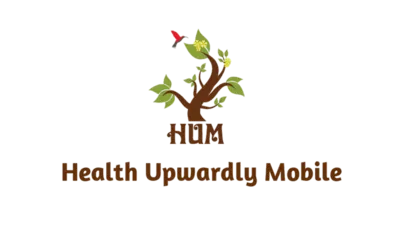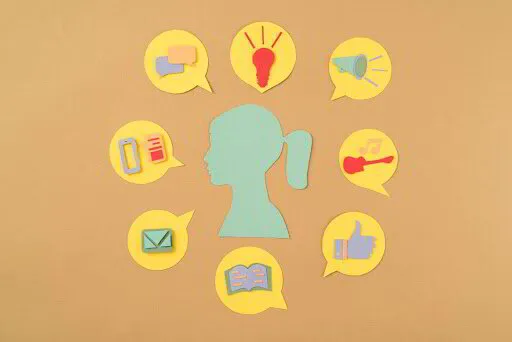Introduction
Addictive thinking and behavior can be incredibly destructive, leading to physical, emotional, spiritual, and psychological harm. Addiction treatment is crucial in addressing these harmful patterns. However, with the power of self-awareness, you can identify these patterns and work towards overcoming them. In this blog post, we'll explore the importance of self-awareness when it comes to addictive thinking and behaviors, and we'll provide some practical tips for identifying and addressing these patterns in your own life.
Understanding Addictive Thinking and Behaviors
Addictive thinking is something that we all can experience when we are feeling stressed or insecure. It is the distorted thinking that may make a “mountain out of a molehill” or a “molehill out of a mountain”. We can overreact or underreact to situations based on our addictive thinking and distorted perceptions. Addictive behaviors can manifest in a number of ways, from substance dependence to compulsive gambling, shopping, or eating. These patterns often manifest in an effort to cope with stress, anxiety, or other difficult emotions. Over time, they can become deeply ingrained and difficult to change.
One of the key characteristics of addictive thinking and behaviours is the compulsive desire to engage in a certain activity, even when it is harmful or detrimental to your health and well-being. This can lead to a range of negative consequences, including physical health problems, financial issues, and relationship difficulties.
The Importance of Self-Awareness
Self-awareness is key when it comes to identifying and addressing addictive thinking and behaviors. By becoming more aware of your own thought patterns and triggers, you can start to change your behavior and make healthier choices.
Self-awareness involves being in tune with your thoughts, feelings, and behaviors, and recognizing how they impact your life. This can be a difficult process, as it requires you to be honest with yourself about your own weaknesses and vulnerabilities. However, it is a crucial step in reducing addictive thinking and behaviors.
Identifying Addictive Patterns
To identify addictive patterns in your own life, it's important to pay attention to your thoughts, emotions, and behaviors. Look for patterns of behavior that you know are harmful or unhealthy, such as overeating or using substances to cope with stress. Try and Identify your triggers, such as certain people, situations, or emotions that tend to lead to these behaviors.
It can also be helpful to keep a journal of your thoughts and feelings, particularly when you're feeling stressed or overwhelmed. This can help you to identify patterns and triggers that you might not have otherwise recognized.
Addressing Addictive Patterns
Once you've identified your addictive patterns, it's important to take action to address them. This might involve developing healthier coping mechanisms, such as exercise, mindfulness or meditation. It could also mean seeking professional help, such as therapy or support groups. The key is to take action to break the cycle of compulsive addictive thinking and behavior.
In some cases, it may be necessary to make major lifestyle changes in order to overcome addictive thinking and behaviors. For example, if you struggle with substance dependence/addiction, consider removing yourself from situations or relationships that enable that behavior. This can be a difficult and painful process, but it is often necessary for long-term recovery.
Seeking Help and Support
Remember, you don't have to face addictive thinking and behaviours alone. Seeking help and support can be incredibly valuable, whether it's through therapy, support groups, or talking to trusted friends or family members.
There are a number of resources available for those struggling with addictive thinking and behaviors. These can include addiction and mental health treatment programs, support groups such as Alcoholics Anonymous, and online resources such as forums and blogs.
Conclusion
Addictive thinking and behaviors can be incredibly challenging, but with the power of self-awareness, you can take steps to address these patterns and make healthier choices. By understanding your own triggers and developing healthy coping mechanisms, you can work towards a life in recovery and create a happier, healthier life for yourself.
Reach out to HUM for Addiction Treatment






